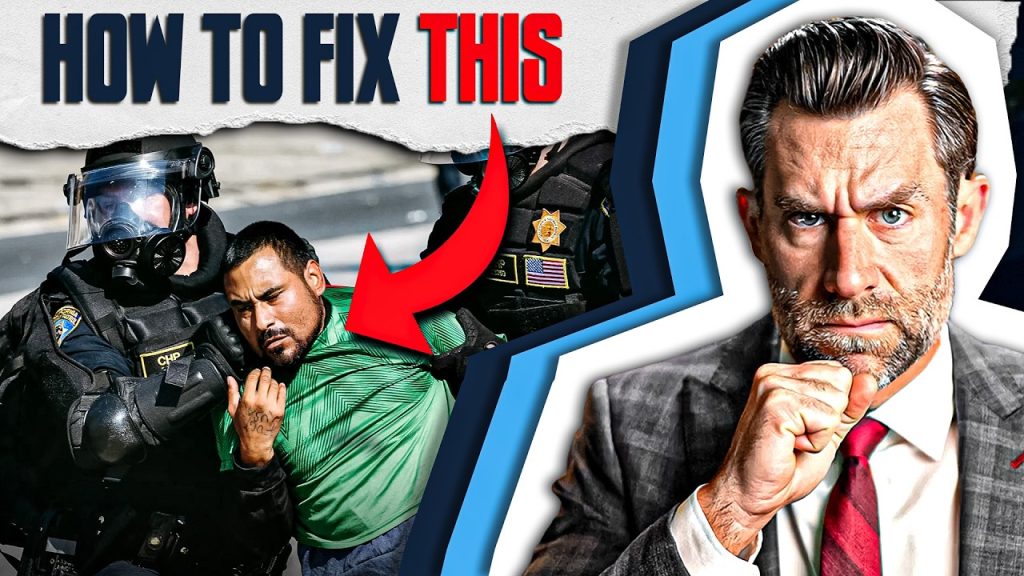Recent footage from Chicago has reignited debates about the practices of Immigration and Customs Enforcement (ICE). Disturbing images show ICE agents deploying from helicopters to raid a Southside apartment complex in the dead of night. Residents were reportedly yanked from their beds, with some zip-tied in their pajamas, all occurring without warrants or explanations. The operation resembled a militarized assault more than law enforcement operating within an American neighborhood, igniting public outrage and questions about agency accountability.
These dramatic raids reflect ongoing concerns about ICE’s growing autonomy and the perception that it operates with minimal oversight — “above the law,” as some critics put it. Unlike local police, who can be sued for misconduct, ICE is often shielded from legal repercussions due to federal protections. This unique position has left communities vulnerable without clear avenues for redress when agents allegedly break rules or abuse power.
To unpack these complexities, legal journalist and attorney Christian Fus, known for his detailed court reporting, has shed light on why ICE has been able to skirt accountability. Drawing from court documents, judicial opinions, and hearing transcripts, Fus explains that part of the problem lies in the legal framework surrounding immigration enforcement. This framework affords ICE broad discretion and immunity, making it difficult to challenge the agency’s actions in court.
This situation is compounded by the political landscape, where immigration enforcement has become a polarizing issue. ICE is often championed by some policymakers as essential to upholding border security, while others criticize its tactics as harsh and violative of civil liberties. Over the past year, dozens of such raids and controversial immigration enforcement actions have captured headlines, fueling protests and calls for reform.
Critics argue that the solution does not solely lie in declaring ICE “above the law” but in rewriting the rules to require transparency, accountability, and due process protections similar to those expected of local law enforcement. Civil rights organizations and activists are urging lawmakers to implement reforms that ensure ICE cannot engage in warrantless home invasions or operate without judicial oversight. They advocate for clearer limits on ICE’s enforcement reach and stronger safeguards for immigrant communities.
The debate surrounding ICE also touches on broader questions about immigration policy in the United States, including the balance between national security and human rights. While ICE’s mandate is to enforce immigration laws, critics emphasize that enforcement must respect constitutional protections and ethical standards.
As public scrutiny of ICE continues, understanding the legal and policy environment underpinning its actions is crucial. Advocates like Christian Fus aim to demystify the agency’s legal immunity and highlight actionable steps citizens can take to push for meaningful change. This dialogue is essential for shaping an immigration enforcement system that is just, transparent, and accountable to all Americans.
Where to Learn More
- The New York Times – Comprehensive coverage on immigration enforcement and ICE operations
- American Civil Liberties Union (ACLU) – Advocacy and legal resources on immigrant rights and ICE oversight
- NBC News Immigration Section – Updated reports on immigration policies and ICE-related news
- Politico Immigration Coverage – Insightful political analysis on immigration enforcement
- Lawfare Blog – Immigration – Legal analysis about immigration law and enforcement




